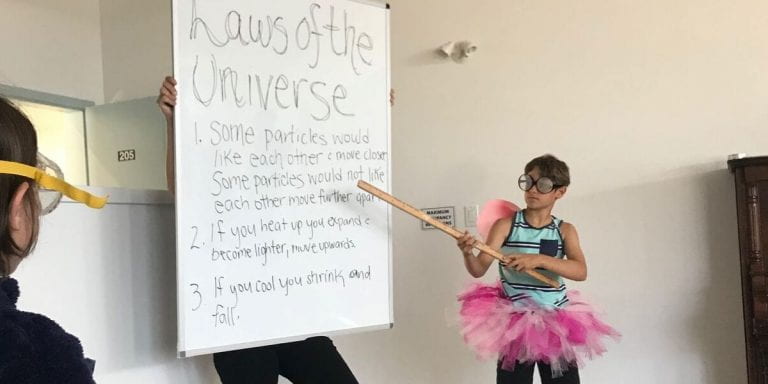Respect for the child, the adult and the situation are all interconnected. Life is full of responsibilities that we do not always want or like to do; washing dishes, doing laundry, taking out the garbage, the list goes on. These responsibilities are also not always fun to accomplish. They do not make us feel happy. Yet, they need to be done!
As a teacher and mother, I do my best to do the right thing and want my children to be happy. Happiness is something we create in our minds and if you search for it…it can sometimes be hard to find. Being happy all the time is not realistic, and it can be exhausting to try and make everyone around you happy all the time.
 After many years, I came to realize that building up long term skills to develop character outweighed my concern over possibly making a child feel momentarily unhappy. By being firm, fair and consistent, I began to teach children skills that would encourage healthy emotional growth - respect, cooperation, conflict resolution and patience. Through positive attention from adults and their peers, my students started to find their own sense of belonging, gain a feeling of importance and develop confidence.
After many years, I came to realize that building up long term skills to develop character outweighed my concern over possibly making a child feel momentarily unhappy. By being firm, fair and consistent, I began to teach children skills that would encourage healthy emotional growth - respect, cooperation, conflict resolution and patience. Through positive attention from adults and their peers, my students started to find their own sense of belonging, gain a feeling of importance and develop confidence.
Isn’t it more about making the best of what you have and being resilient through the challenges that life presents? By trying to protect our children and students from their big emotions, we take away opportunities to develop resiliency – an essential character trait that each of us need to make it though all of life’s ups and downs.
 In Montessori classrooms, we as guides spend a significant amount of our time setting up our classroom environments to enable children to self construct in positive ways. There is careful preparation and thought that goes into the environment in order to meet the developmental needs of all the children in our classrooms. We also prepare ourselves, as parents and as guides, to role model what we are teaching and to know who we are as adults. This, in turn, prepares our children for success in life and for a life that is realistic. Life is inevitably going to present obstacles, but if we keep going and persevere, with the skills we’ve learned and built in ‘emotional toolboxes’, we will overcome these obstacles - we will make it through!
In Montessori classrooms, we as guides spend a significant amount of our time setting up our classroom environments to enable children to self construct in positive ways. There is careful preparation and thought that goes into the environment in order to meet the developmental needs of all the children in our classrooms. We also prepare ourselves, as parents and as guides, to role model what we are teaching and to know who we are as adults. This, in turn, prepares our children for success in life and for a life that is realistic. Life is inevitably going to present obstacles, but if we keep going and persevere, with the skills we’ve learned and built in ‘emotional toolboxes’, we will overcome these obstacles - we will make it through!
To persevere, we need to acknowledge that this process is grounded in respect, understanding and empathy. Creating realistic limits and developing important social and life skills are essential. As adults, we need to model clear messages with firmness and kindness, so children can learn to do the same with one another.
 This approach of positive discipline to parenting and teaching, fits well in Montessori environments. Some key concepts with Positive Discipline Philosophy is to be kind and firm, creating a sense of belonging and significance, developing tools that work long term, and teaching valuable life skills such as; social skills, communication skills, listening skills, self regulation skills and problem solving skills. Through this approach, children develop a sense of their own capacity.
This approach of positive discipline to parenting and teaching, fits well in Montessori environments. Some key concepts with Positive Discipline Philosophy is to be kind and firm, creating a sense of belonging and significance, developing tools that work long term, and teaching valuable life skills such as; social skills, communication skills, listening skills, self regulation skills and problem solving skills. Through this approach, children develop a sense of their own capacity.
Montessori guides use many of these positive discipline techniques by redirecting students, providing positive reinforcement, and using single word reminders. We use tools of responsibility and time spent sitting closer to the guide until children can self regulate and have the work ethic to be further away and more independent. Consistency and routine are key to success and rules are clear and expectations are well understood by everyone. Montessori guides support students, within the structure of the classroom expectations and boundaries, to come up with their own solutions to issues that arise in the classroom community.
Teaching skills for life is not about fixing the immediate issue or controlling their behaviour. It’s about making mistakes, learning to give clear messages and outlining what our expectations are with one another to foster the foundation of emotional strength for our students.
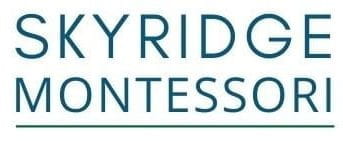
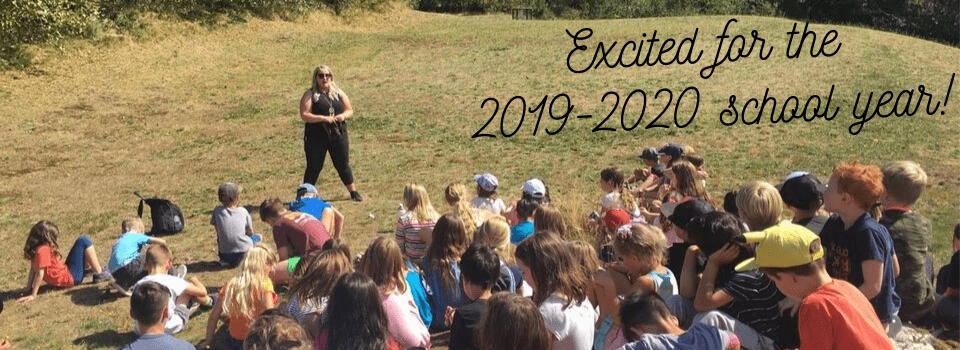
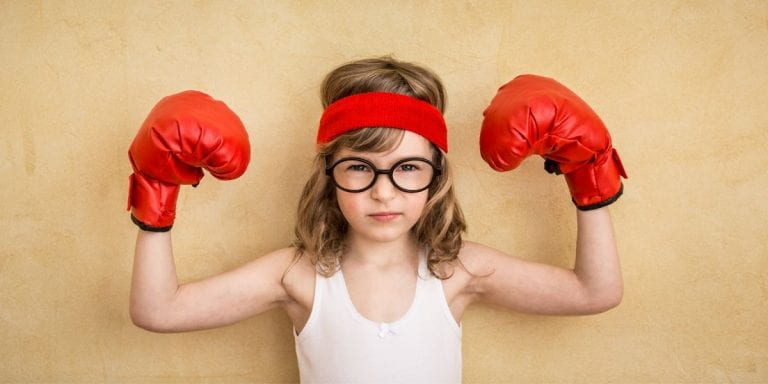
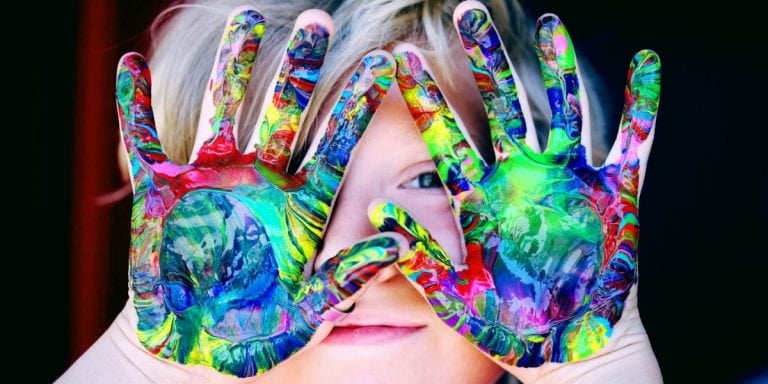
 What is the 'summer slide'?
What is the 'summer slide'?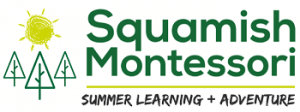
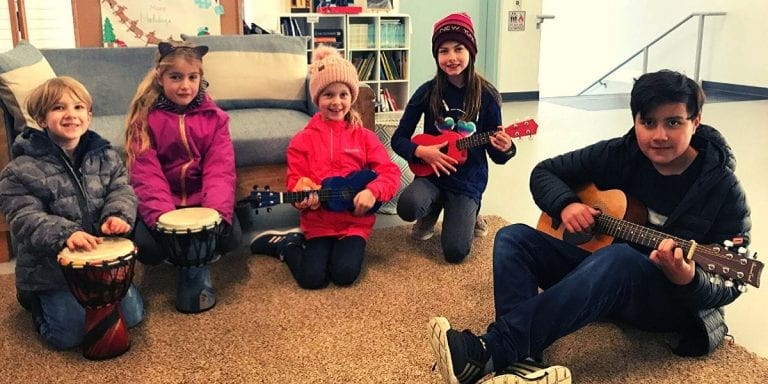
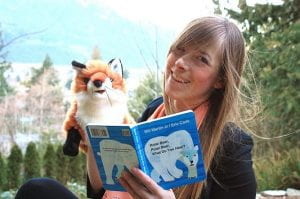
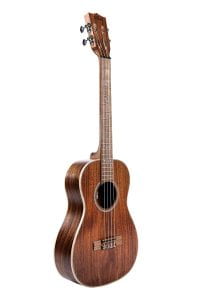

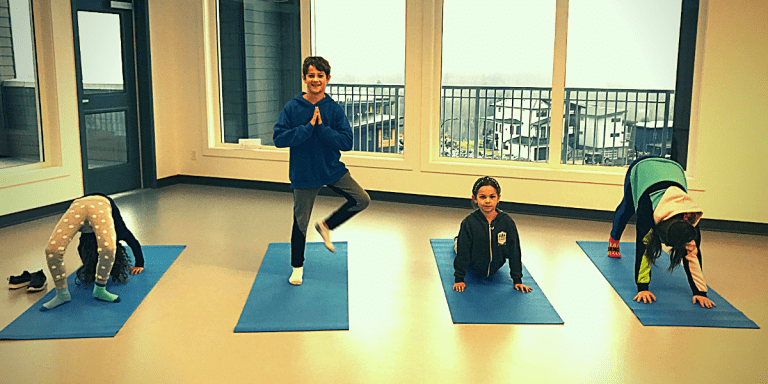
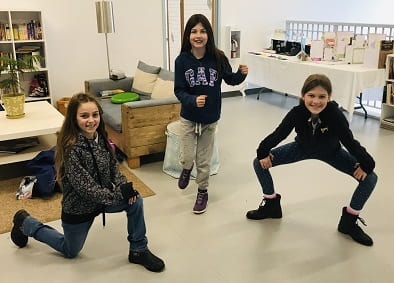 Brain breaks are quick activities that give students opportunities to pause, move, and interact in safe, structured ways. We're bringing our hallway circuit training back to ensure every child, each day has the chance to take a few moments to move, re-charge and return to class with renewed focus. Activities will include wall push-ups, squats, running on the spot, stretching, and lunges, to name just a few.
Brain breaks are quick activities that give students opportunities to pause, move, and interact in safe, structured ways. We're bringing our hallway circuit training back to ensure every child, each day has the chance to take a few moments to move, re-charge and return to class with renewed focus. Activities will include wall push-ups, squats, running on the spot, stretching, and lunges, to name just a few.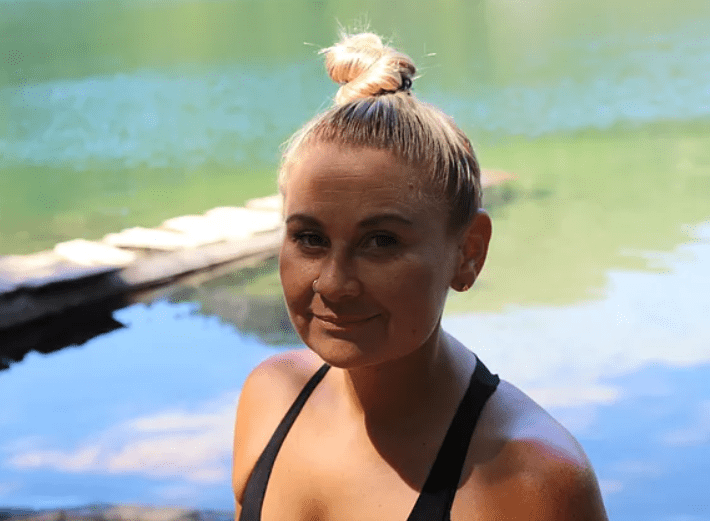 January Fitness: Yoga
January Fitness: Yoga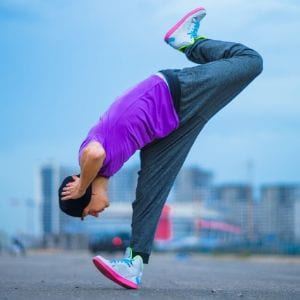 February Fitness: Hip Hop Dance
February Fitness: Hip Hop Dance
 An integral part of the Montessori learning philosophy is empowering children to make the world a better place.
An integral part of the Montessori learning philosophy is empowering children to make the world a better place.  Recycling Program
Recycling Program Posters are hung throughout the school of suggested items. For socks, it would be to bring best wool or synthetic materials and toiletries can be travel sized or larger.
Posters are hung throughout the school of suggested items. For socks, it would be to bring best wool or synthetic materials and toiletries can be travel sized or larger.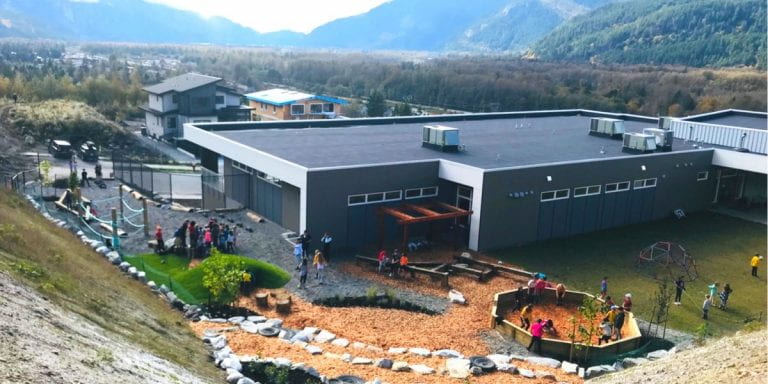
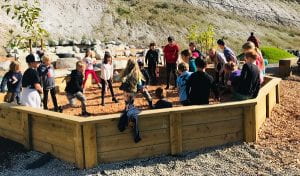 On a sunny day last week, our students burst on to their new playground with so much joy and enthusiasm! From an extra-large Gaga Ball pit, to rope walks, to balance beams, to tire jumps, our yard has been transformed into a beautiful, natural space for movement,
On a sunny day last week, our students burst on to their new playground with so much joy and enthusiasm! From an extra-large Gaga Ball pit, to rope walks, to balance beams, to tire jumps, our yard has been transformed into a beautiful, natural space for movement,  learning, and making friends and memories.
learning, and making friends and memories. playground and we couldn't have done it without your incredible support. From all of us at Squamish Montessori, we want to say, "
playground and we couldn't have done it without your incredible support. From all of us at Squamish Montessori, we want to say, "
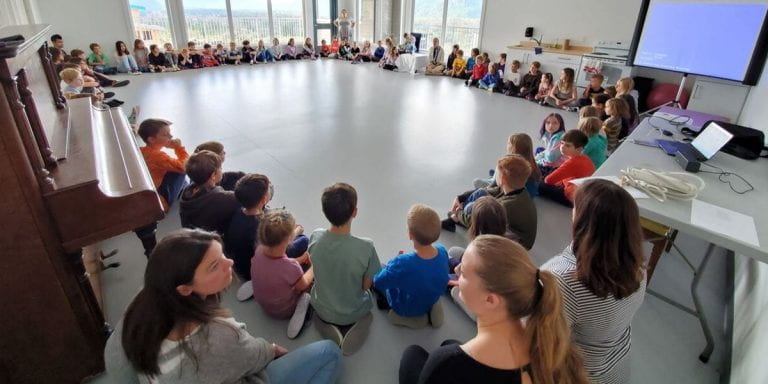
 On September 20th, our whole school gathered to honour the International Day of Peace, also known as Peace Day. With the creation of this inspiring day, the United Nations devoted itself to worldwide peace and has encouraged people around the world to work in cooperation toward this goal. The theme this year was Climate Action for Peace.
On September 20th, our whole school gathered to honour the International Day of Peace, also known as Peace Day. With the creation of this inspiring day, the United Nations devoted itself to worldwide peace and has encouraged people around the world to work in cooperation toward this goal. The theme this year was Climate Action for Peace.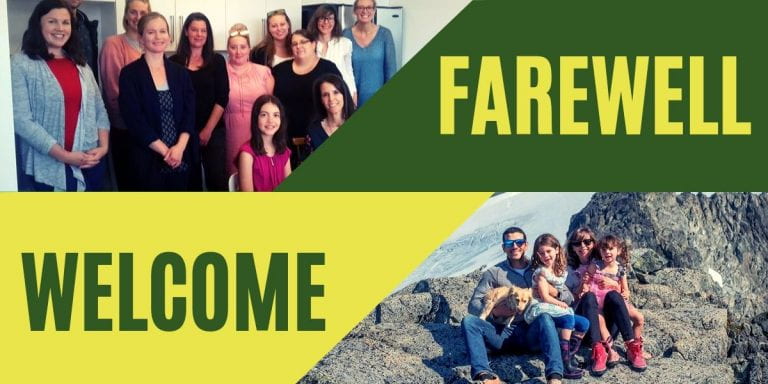
 Good luck Bianca
Good luck Bianca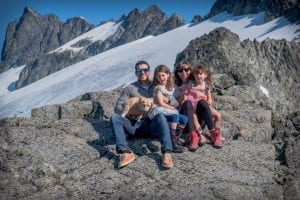 Welcome Laura
Welcome Laura